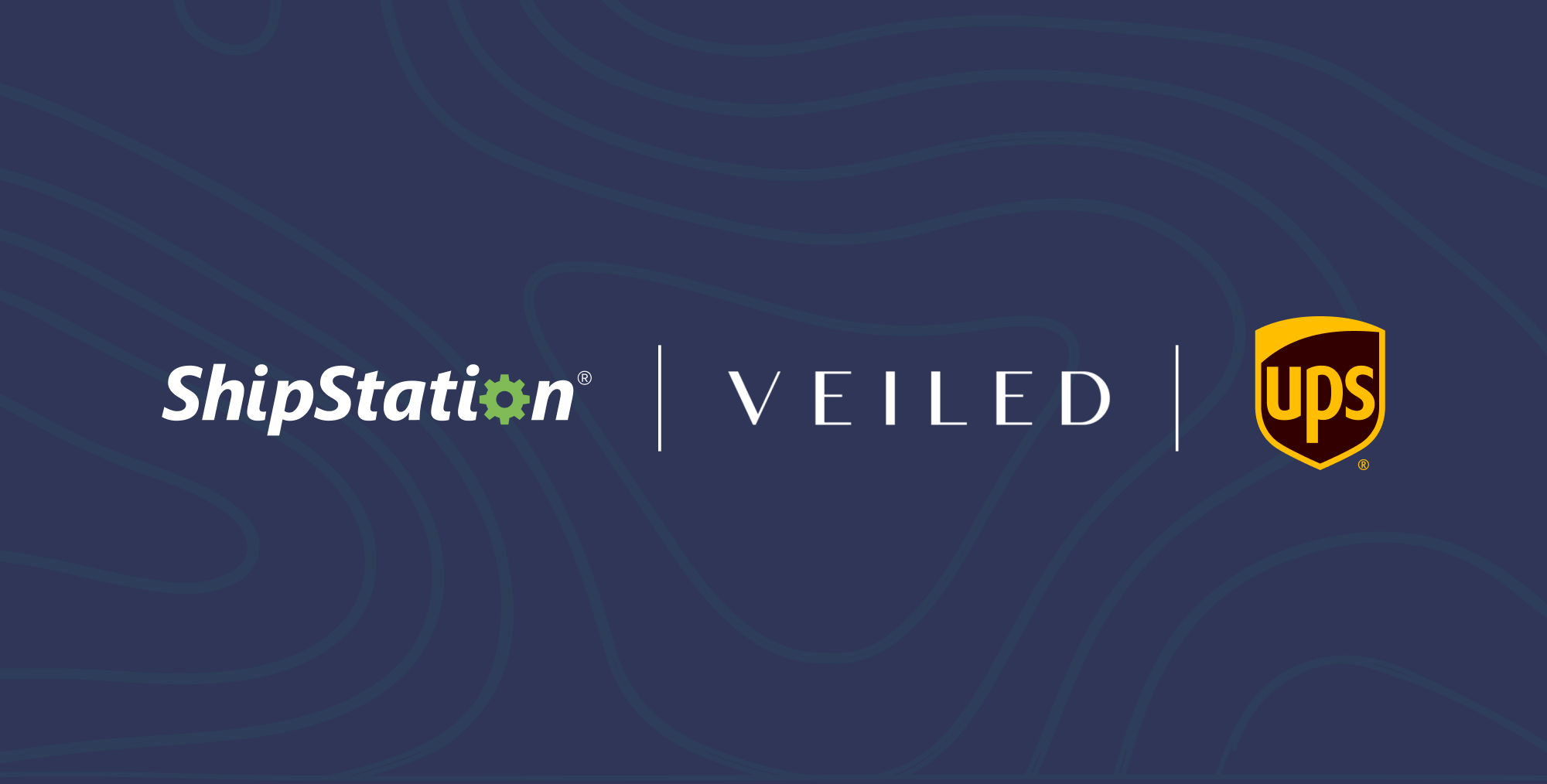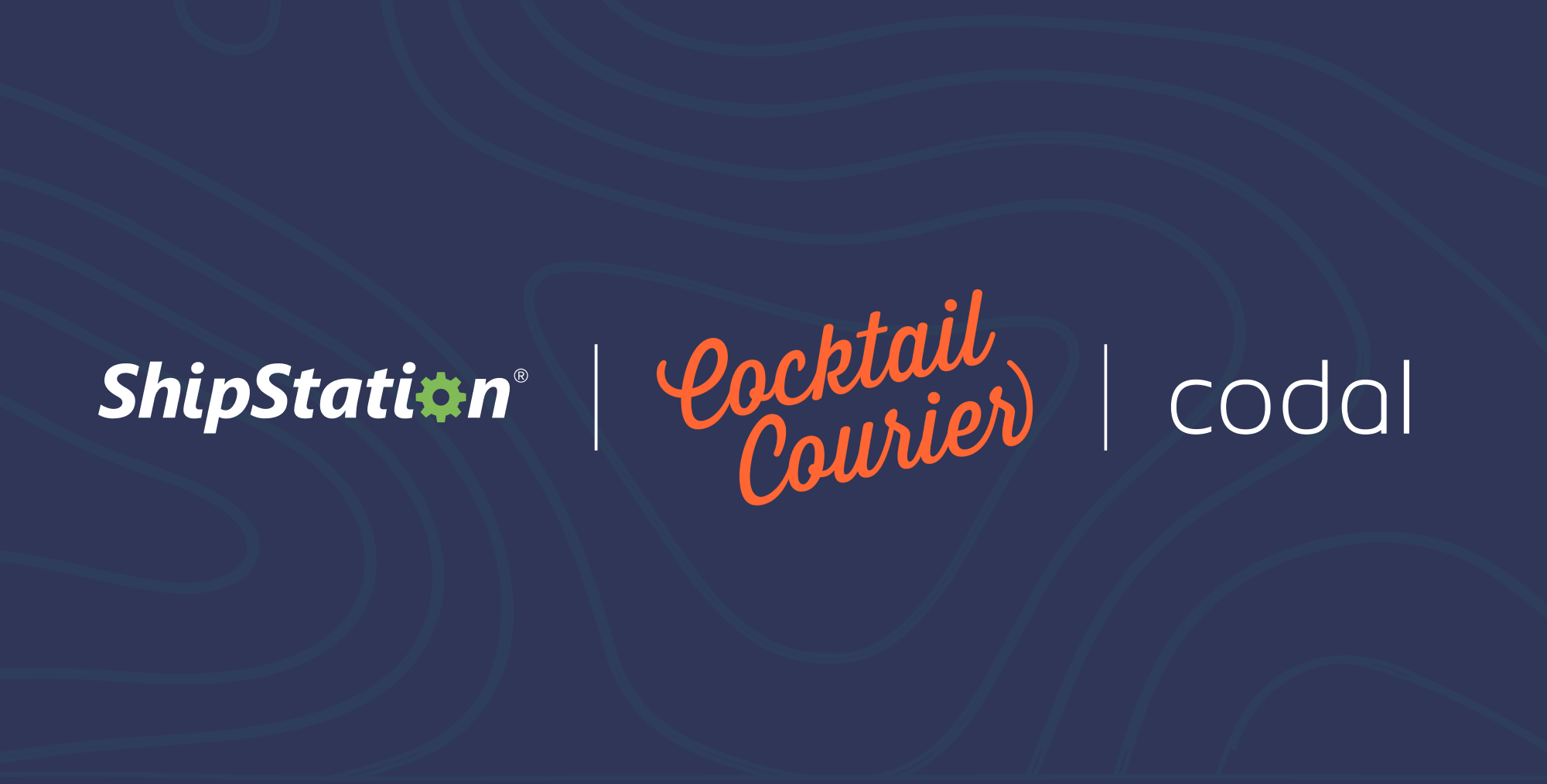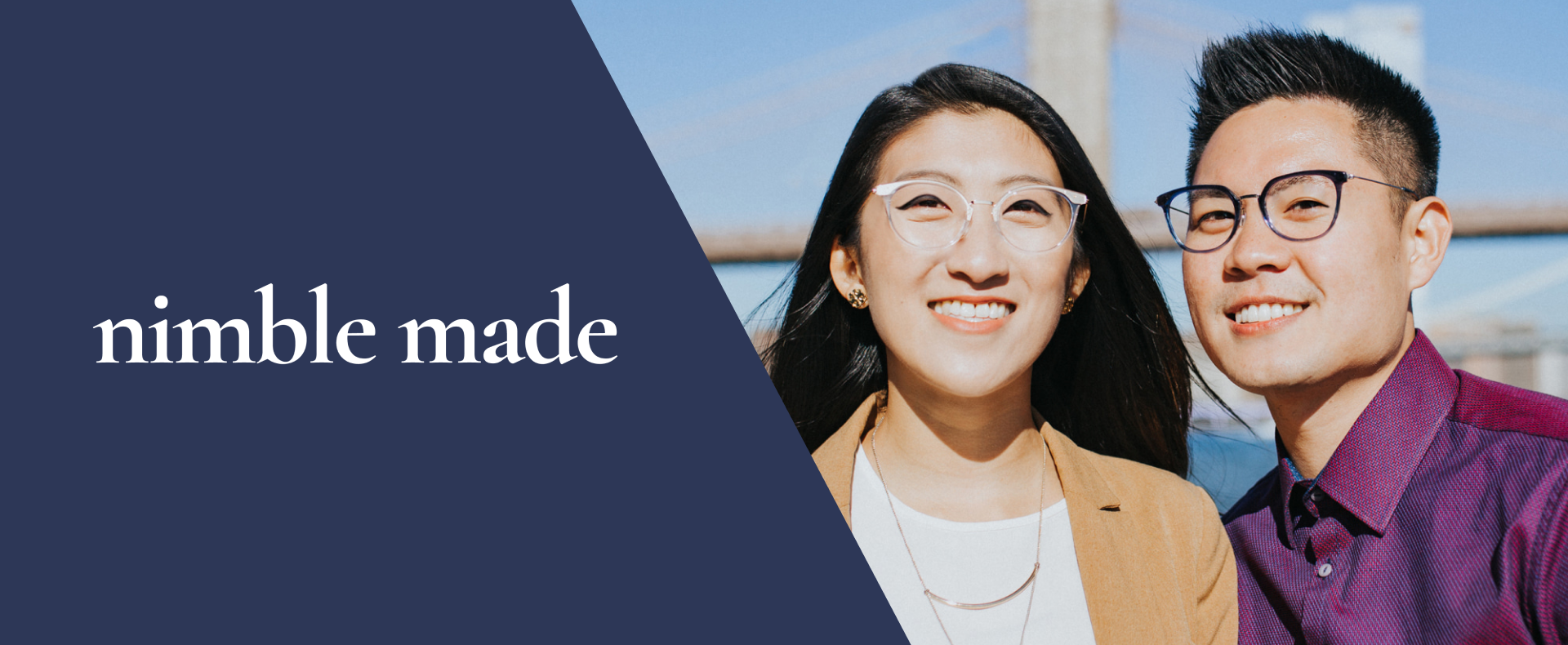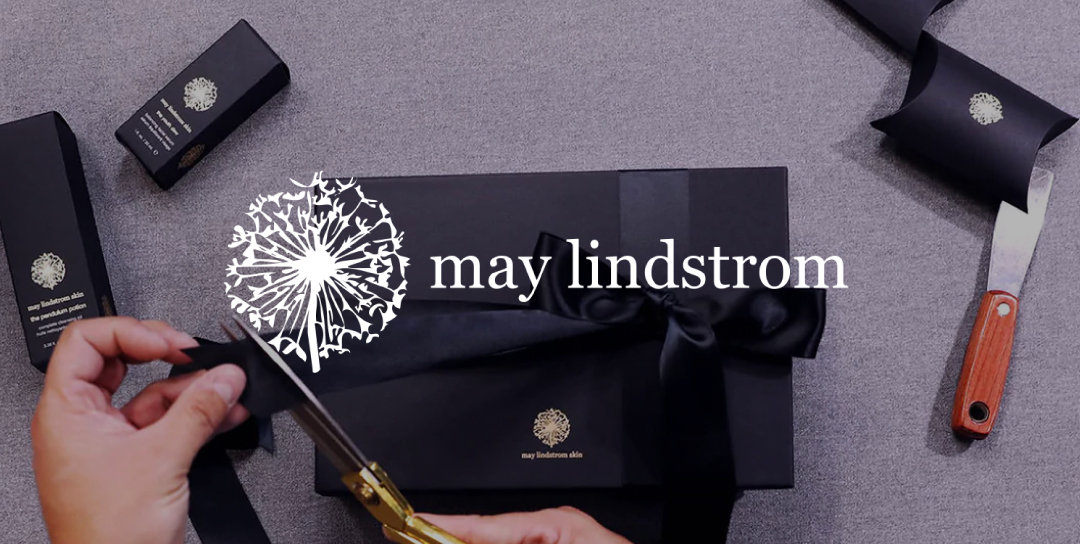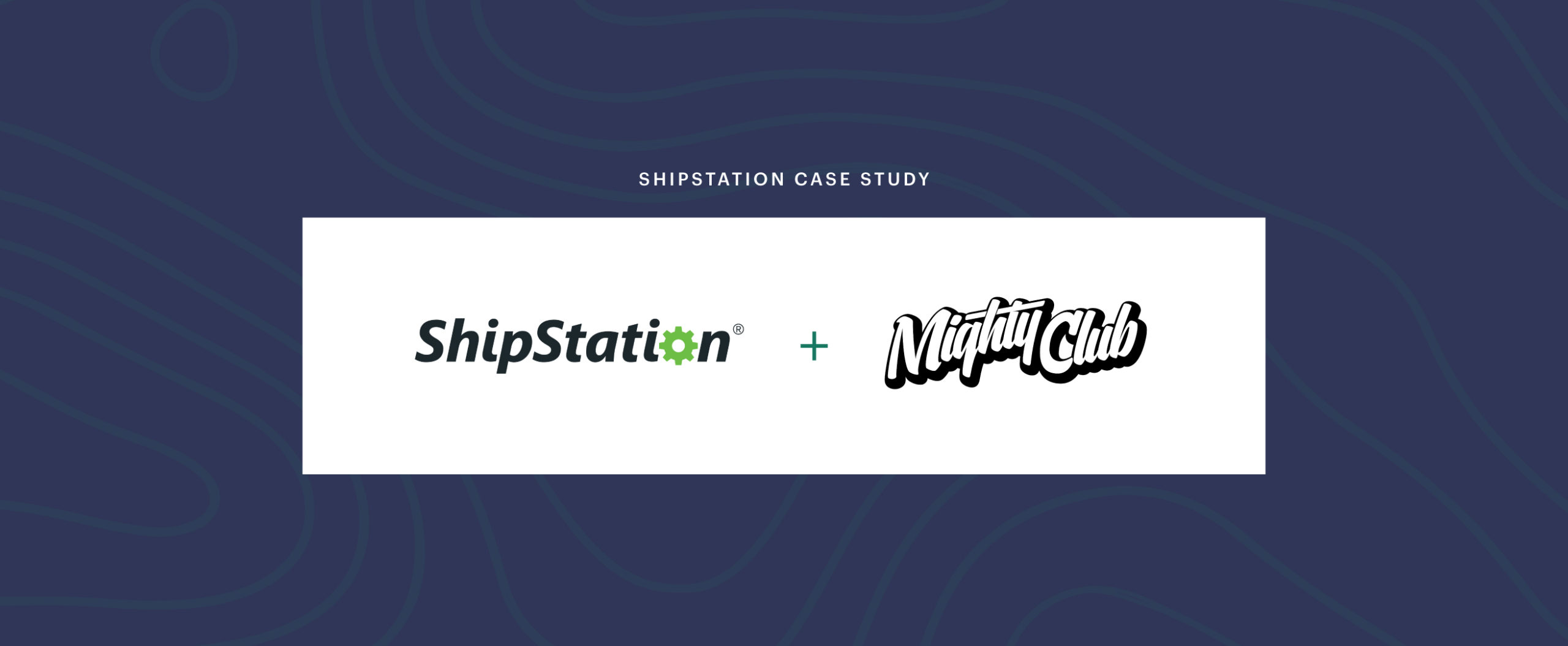A Seat at the Table: Pulp Pantry CEO Kaitlin Mogentale Maximizes Taste and Minimizes Waste
Turning trash into treasure: it’s an entrepreneur’s dream that rarely materializes into reality. That Midas touch is highly sought after and almost never found, but for Pulp Pantry CEO and Founder Kaitlin Mogentale, though, it just comes naturally.
That’s because Kaitlin has always paid more attention to the trash of this world than most people do. As an environmental studies major in college, she was acutely aware of the overwhelming waste that takes place in the modern world, and as such, is a staunch proponent of low-waste living.
She’s the kind of person to dig a rogue soda can out of the wrong receptacle and place it in the recycling can. And she’s also the kind of person to turn leftover vegetable scraps into an internationally-recognized brand in a multimillion-dollar emerging industry.
Kaitlin told us exactly how she turned her passion into profits with Pulp Pantry, and how ShipStation supports her company as they continue to bring their sustainable snacks across the globe.
How did you get the idea to make chips out of vegetable waste?
it was that a-ha moment that people talk about where you just get hit over the head with an idea. I was at a friend’s house while she was juicing a bunch of carrots. I just asked her, what do you do with all the leftover pulp from the carrots? And she looked at me and she’s like, ‘Oh my God, I usually throw away the pulp. I’m sorry, I don’t know what to do with it.’
So I took the carrot pulp home, went home, made carrot pulp cookies and it was really good. And the next day I called all the juiceries in my local town, just curious. I was like, ‘Hey, what do you guys do with your pulp?’ They all said that they really struggle with this. They know it’s not sustainable and they wish there were better options, but in the end they throw it away because it’s hard to get a farmer to pick it up locally or they don’t have compost services. So it really got me thinking and inspired to say, ‘This is super nutritious food that’s going to waste. How can we make sure that it’s all utilized for its highest purpose? Which is really feeding people.’ And so Pulp Pantry was born.
Did you ever picture yourself as an entrepreneur?
I actually never had a vision for myself to be an entrepreneur. I always wanted to be a scientist. I was very passionate about climate science, and I had a professor who sat me down. He said, ‘You know, I just don’t think your skills are best utilized in a lab. You’re going to be miserable in a lab. You’ve really got to think about, how do you translate climate science to maybe some other fields that might be more your speed?’ And so I started looking at public policy and non-profits and I loved it.
I loved that it was more solutions-based thinking than problems based thinking. And so honestly that’s when I really caught the bug and I knew that I wanted to do something in mission-based brand building. So the food industry feels like it was a natural place for me to land.
What’s the most rewarding part of your job?
Offering people better, more sustainable options that can be a part of their everyday life is something that is really exciting. And I think what I’ve realized is my joy in being in the consumer packaged goods industry, where we are building a consumer-facing brand.
What role has ShipStation played in Pulp Pantry’s success?
We’re a loyal ShipStation customer. We started using ShipStation right from the start.
I found ShipStation as a potential shipping solution to print labels in large batches. I loved that ShipStation plugged in with some of these website builders that weren’t necessarily the most ecommerce friendly and made that process a lot easier.
The nice thing about it is that I don’t have to touch ShipStation. It plugs into our Shopify site and it just sends orders to our warehouse in a way that they can print labels and fulfill orders within the day. So, my warehouse, if they get orders before a cutoff time, every day they’re shipping out orders same day, which I think, wouldn’t be possible if it weren’t for ShipStation.
As women, I think we just need to step up to the plate and say, ‘I’m going to speak as big and as highly about my business as I know I can take it.’
Kaitlin Mogentale, CEO of Pulp Pantry
As a female entrepreneur in a new but booming industry, have you ever felt like people didn’t believe in your vision?
The trickiest thing for me has really been the issue of access to capital. When you’re pitching mostly male VCs or mostly male investor audience at a pitch competition, it is kind of that voice in the back of your head I think that we all probably struggle with, which is just, ‘Wow, like no one else looks like me in this audience,’ or ‘Wow, no one else looks like me on the Zoom call, and how is that impacting their perception of me?’ Or ‘How is my language different from their language and therefore potentially a barrier to communication?’ So I do feel sometimes that there’s a mismatch there and that that’s where maybe the lack of belief and vision can come from.
As women, I think we just need to step up to the plate and say, ‘I’m going to speak as big and as highly about my business as I know I can take it.’ Even if you’re not there yet, fight that imposter syndrome. I think some of us struggle a little bit more with that than maybe the average male in the United States does. But I think it’s something that’s getting better over time. Because we’re being fed that inspiration from all around from strong female leads across the country.
You’ve been advocating for yourself and your business since Pulp Pantry’s inception in 2015. Since then, have you seen any changes in the number of women taking up seats at the table?
I have, definitely. I mean, I definitely noticed more female founders around me. I definitely noticed more female founder-focused investment opportunities or grant opportunities. So it does feel like there are a ton more resources. it’s exciting to see that these outcomes are possible for a lot of these female builders. Just seeing more things like that can be really inspiring and a positive reinforcement of what we’re doing.
What are some of the resources that you have taken advantage of?
We participated in the Target Accelerators Program and that came with the grant. But the biggest benefit of that program was really just the mentorship and the support that we received from other Target team members who really understand the retail space. We participated in Burt’s Bees Natural Launchpad and which was focused on female founders. I also got connected to some incredible founders that I still keep in touch with to this day.
Community can be especially important for women in business. Is there another woman in your life who has helped you along the way?
Lindy Hoang Werges nominated us for a woman entrepreneur leadership opportunity, which we won and received an award for on center court at a Lakers’ game. I feel like every step of the way she has sent me new opportunities, sent nominations, and just really paid it forward without for anything in return. Which is also daunting when you’re a young entrepreneur and you’re like, ‘What do I have to give this person?’ But I think we all have that commitment to say ‘Hey, look, when you’ve made it, you pay it forward too.’ You know? And I think that’s really been a beautiful thing.
For many years, women were excluded from the tables where decisions were made. This International Women’s Day, we at ShipStation want to celebrate women like Kaitlin, who are continuing to pave the way for female entrepreneurs to pursue their passions and positively impact the world.
Pulp Pantry is one of many female-led brands that trusts ShipStation to help them Get Ship Done. Here are a few more woman-owned businesses that you can learn about and support:
